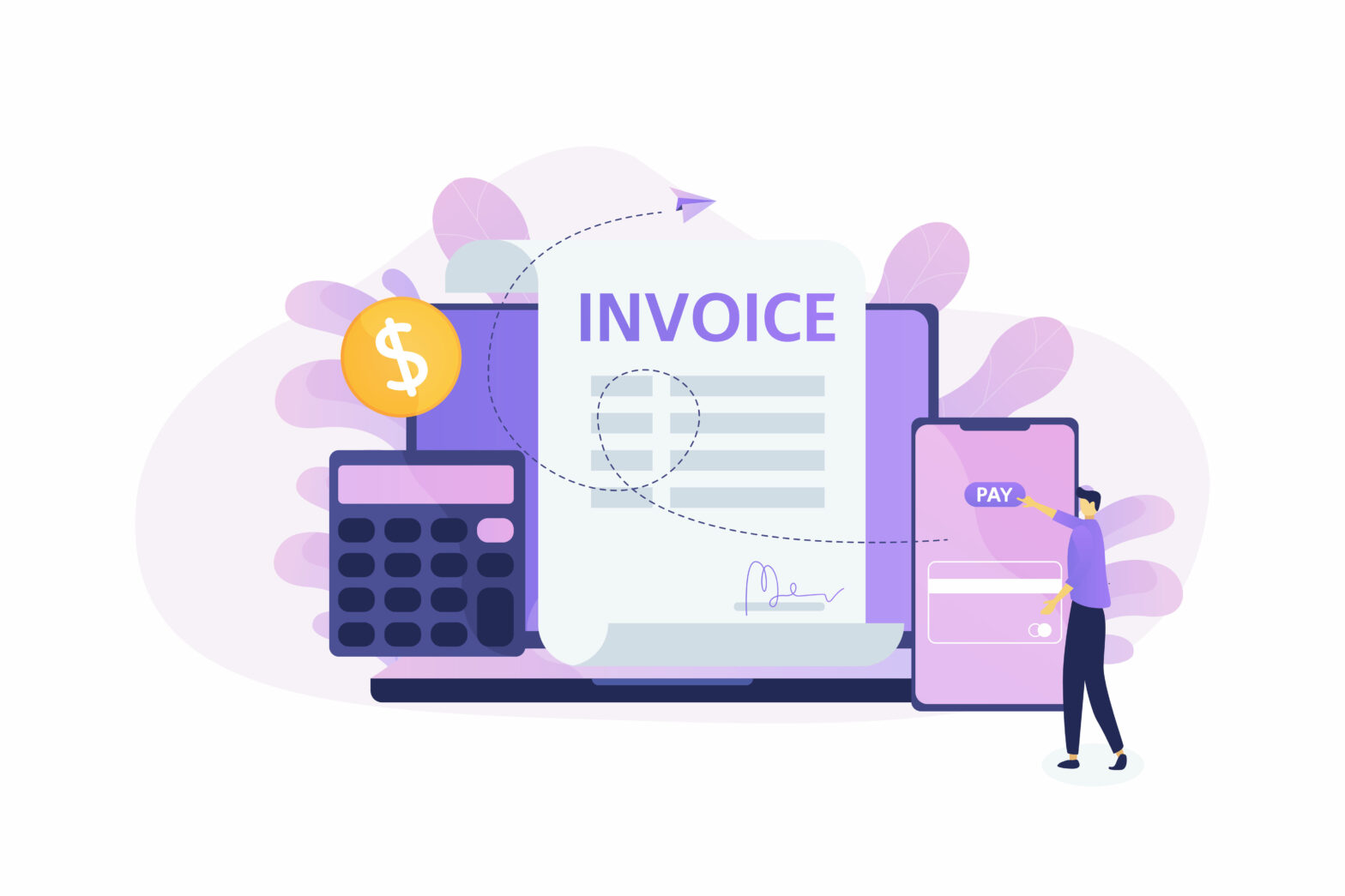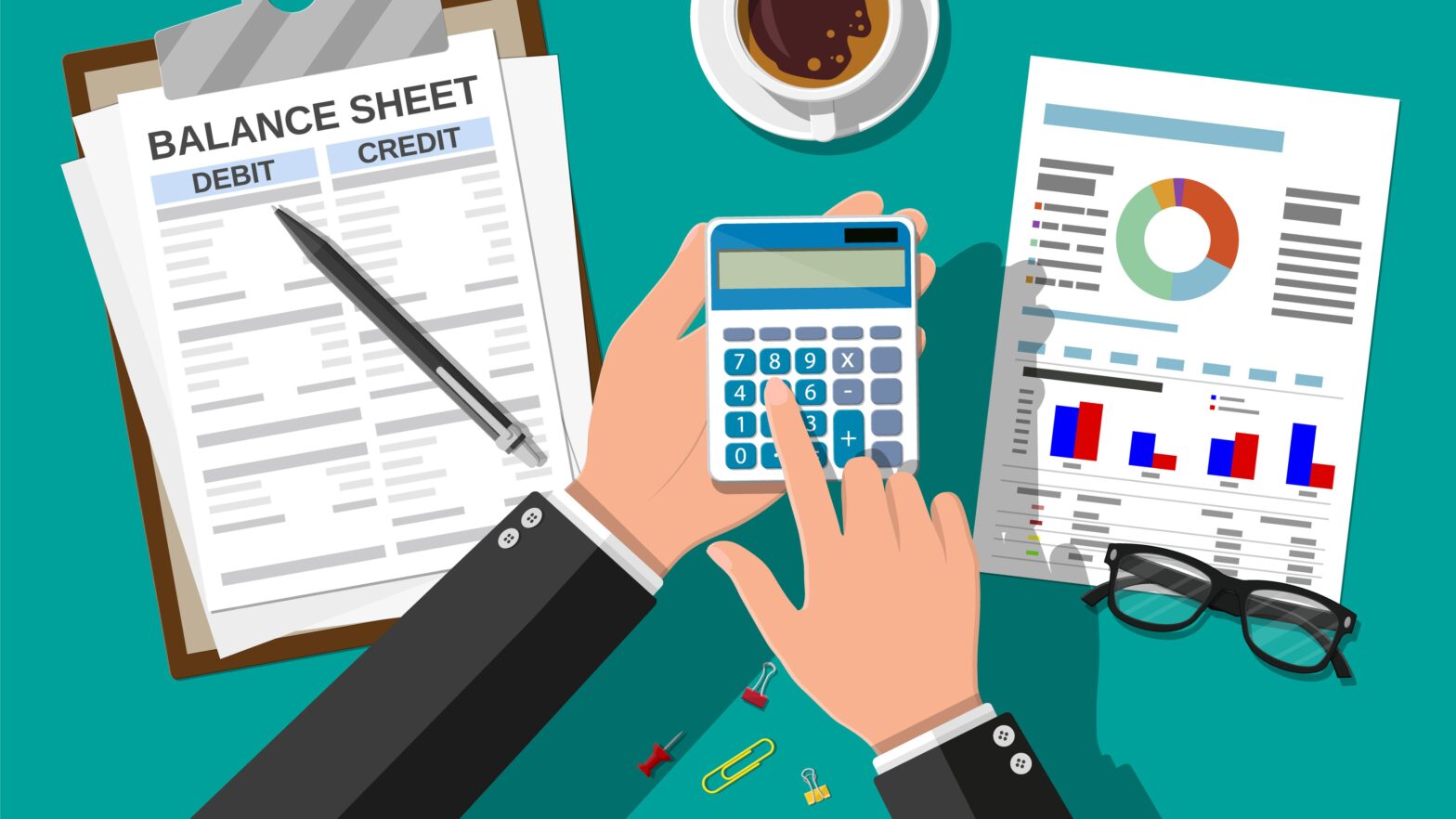For all the freedom that being a business owner brings, being paid late is one of the most disempowering and dispiriting things about self employment. SMEs in the UK are paid on average 21 days late, which has an affect on cashflow, financial freedom, and in some cases even mental health.
According to recent research carried out by IPSE and Sherpa, nine in ten self-employed people said they worry, at least occasionally, about their financial situation. A third said that these worries caused them to lose sleep (34 per cent) and experience lack of confidence (33 per cent).
I have been self employed for many years and I firmly believe it’s time to take the situation back into our hands. Remember that you set the invoice terms, and with some clever cashflow management you can help yourself to get paid promptly.
1. Invoice in advance if at all possible
Even though the legal payment terms for business are 60 days after work is completed, it is always worth making the case for up front payment. In case that is not possible, or if it’s more palatable to the client, you could try to ask for half of the payment up front before any work is done. Or, you could even try to negotiate a discount by asking for all the payment up front.
2. Invoice immediately
The second best option is to invoice immediately after the job. Some industries are better at this than others. It can be worth taking a leaf out of tradesmen’s books for instance, and sending an invoice right after a job is complete so it’s top of mind for the client. It’s a fact that invoicing immediately after the job has a more positive impact on speed of payment than your payment terms (in scientific terms this is called recency bias).
3. Make it clear as day
Include all details, for example exactly what work was done and in what time period. Also include VAT details, if required, IBAN or payment transfer numbers, and any additional detail that might be needed, as well as of course your payment terms in bold.
In short, you want to leave no room for error, or for anyone to need to chase you on the finer details and delay things. You also might want to include a note as an addendum listing that unpaid invoices will accrue interest.
Further reading on invoicing
- Effective invoicing: Top tips for small businesses
- How to deal with late payment
- UK businesses confess to ‘late payment’ double standards
4. Be firm
In your email accompanying the invoice, you should again reiterate your payment terms. Don’t ask politely if you can get paid within the timeframe; state clearly that you expect to be paid within the stated payment terms.
If you feel uncomfortable about being both the provider of the work and the ‘chaser of money’ – as some small business owners do – it might be an idea to appoint a virtual assistant (VA) on an ad hoc or less regular basis as your financial controller, which is a more cost effective option than paying a financial controller or bookkeeper on a monthly basis.
5. Chase before the payment deadline
It’s worth putting alerts in your phone or email for this. Remember that it is sadly common for invoices to be paid late so if you chase the day before the deadline for payment, it is likely that the payment will still be late. Instead, if your payment terms are 30 days, chase it a good ten or more days before it’s due.
6. Use automated software or apps
Consider using an invoicing app or software system – there are a plethora of cost-effective, easy to use apps or more complex software options – and all are HMRC compliant. These will all have automated options for sending reminders, or chasing late invoices. They are also far quicker to use than creating your own invoices from scratch, meaning everything to do with the invoice process – from creating invoices and claiming expenses can all be automated, which can save hours and even days in time (and headaches). They will also ensure your invoicing is as professional looking as possible, which will help your case.
Watch the below video on how to get paid on time as a freelancer
7. Don’t let it lie – get firm and charge interest
If you payment is still late, reset your automated messages so that the client is reminded on a regular basis. If someone is chased almost daily on email or the phone it can make it hard not to pay. And make it clear again that interest will be charged. Remember, the interest you can charge if another business is late paying for goods or a service is ‘statutory interest’ – this is 8 per cent plus the Bank of England base rate for business to business transactions.
Unfortunately the payment issue is still an enduring problem for many small businesses, but by taking advantage of automation and handing over some of the headache to technology, we can go some way to eradicating the problem for good.
Ivo Weevers is the co-founder of pocket bookkeeping app Albert





